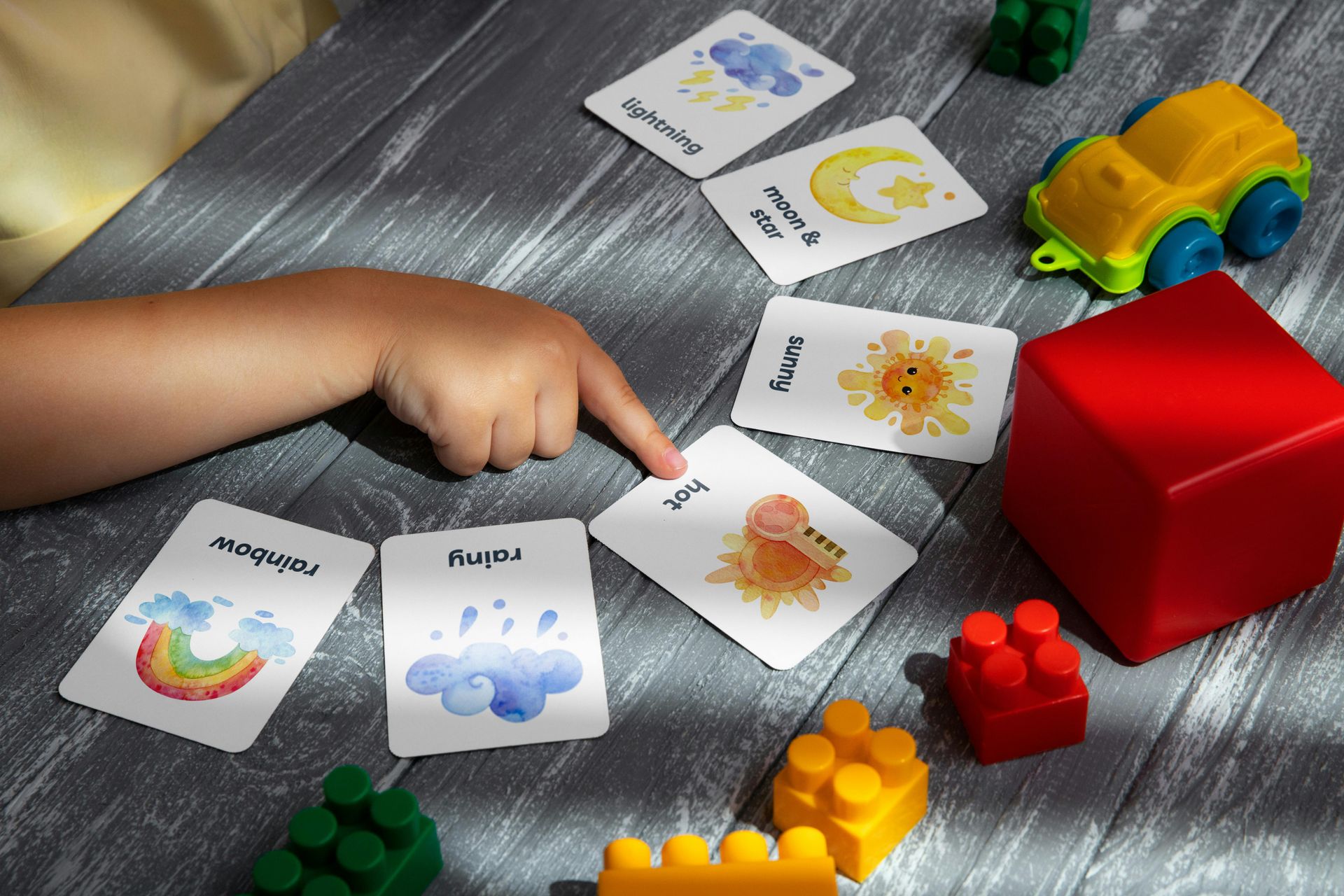The Use of Forward Chaining in ABA Therapy
Using Forward Chaining in ABA Therapy

Young people with autism often find it difficult to learn new behaviors. This can be attributed to a lack of understanding how to chain, or link, steps together. This is where forward chaining comes in. Forward chaining is one of two chaining procedures that ABA therapists use to help their clients with autism build new skills. Research shows chaining to be effective on everything from occupational and self-care skills to vocational, job-based skills.
The Basics of Forward Chaining
First, the therapist (or teacher or parent) determines all the individual steps of a larger task. This larger task could be something as deceptively simple as brushing one’s teeth or putting on one’s shoes, but even a task that seems simple consists of many separate components. Once the discrete steps are planned, you can begin forward chaining.
- Teach the child the very first step only
- Offer a reward once the child completes the first step successfully
- Then teach the second step
- Have the child practice the first and second steps together in sequence
- Reinforce as new steps are completed
- Continue adding new steps only as the last is mastered
Important: each time a new step is added to the chain, have the child go back and practice all the steps leading up to it. This builds a solid foundation and increases confidence and fluency with the skill.
Task Analysis and Forward Chaining
One great component of ABA, or Applied Behavior Analysis therapy is its analytical approach. Therapists analyze a child’s behavior to determine root causes and how to address issues; they can also analyze a task to identify exactly where a breakdown of understanding occurs. Once identified, the therapist knows precisely where forward chaining might be used to help teach the skill effectively.
Forward chaining is useful for teaching a wide variety of skills in a therapy setting or even at home. Talk to your child’s therapist if you have questions, and don’t be afraid to give it a try. Remember, just one step at a time until mastered. Be patient, and celebrate successes! Positive Reinforcement uses forward chaining ABA therapy to help children and adults gain independence in using their new skill. Providing in home ABA therapy to North Virginia, West Virginia and Kentucky.










